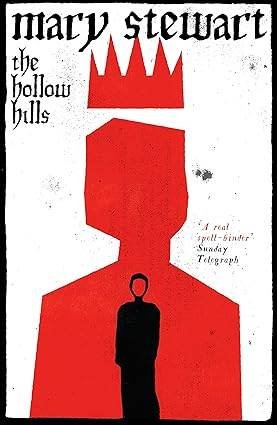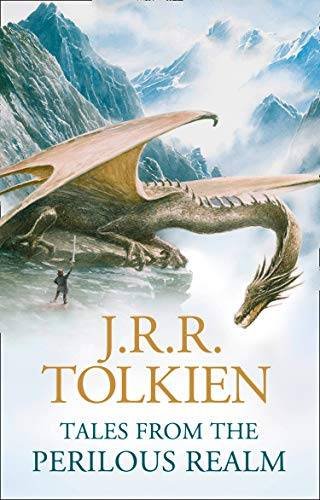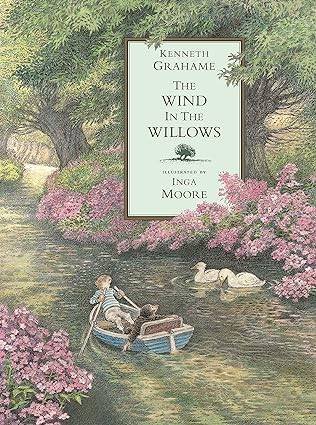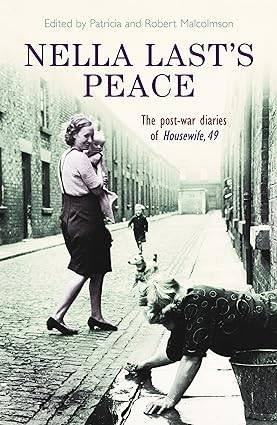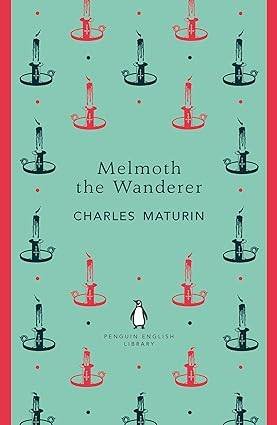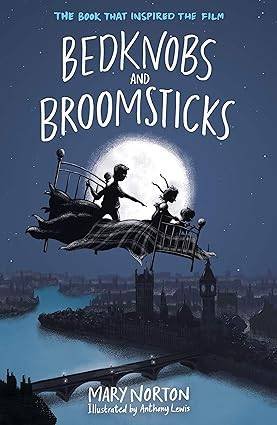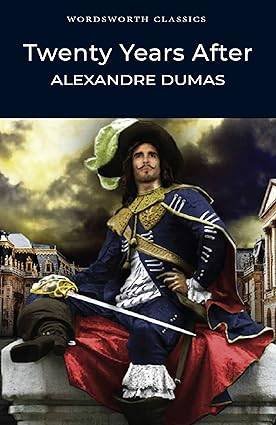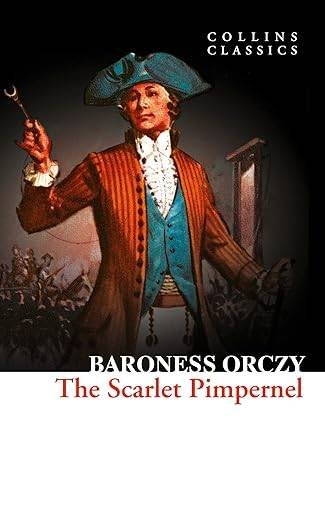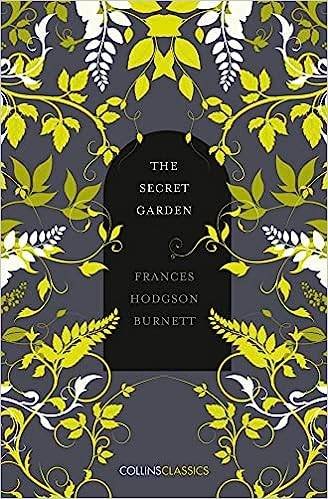Home » Book Reviews » Mary Stewart » The Crystal Cave by Mary Stewart
Possible spoilers ahead
I was very excited to read this book as I love Stewart’s writing, and this is a trilogy about King Arthur so I’m imagining a Lord of the Rings type book. I love the romance of the King Arthur tales, and love all the history of how England used to be split into different counties with their own kings.
The story begins with Merlin as a boy in Maridunum in Wales, his full name is Myrddin Emrys (Myrddin’ in Welsh being pronounced as ‘Merlin’). He is an illegitimate child of the King’s daughter and she refuses to say who the father was. The King’s son is fearful that Merlin’s father may claim him and make him legitimate and therefore Merlin would be in line to the throne, so he tries to kill Merlin with poisoned fruit. Merlin is a bit of a loner, and in his solitary wanderings he finds a cave which he explores. The owner of the cave, Galapas, returns, causing Merlin to hide in a recess at the back of the cave which is another cave covered with crystals. Galapas teaches Merlin lots of skills, and also encourages his ‘sight’, the prophesying that first comes to him in the crystal cave. Merlin ‘sees’ his mother and father meeting at this cave, and realises this is where he was conceived.
Merlin escapes the palace and goes on a boat to France, to Morbihan in Brittany (then called Breton), and is brought to Ambrosius who is impressed by his ‘sight’ and also realises that he is Merlin’s father. Ambrosius, and his brother Uther, are the King’s brothers and were hurriedly smuggled out of England when their brother the King was killed, and they’ve been building an army and awaiting the time to invade England again. England is controlled by Vortigern and the Saxons. Ambrosius is Roman. Ambrosius lands at Totnes. He seems a great man, a fair and considerate leader, able to command tactfully, “listening and weighing and judging and answering with that grave easy way of his, allowing each man his say for pride, then taking at the end the decision he had meant to take from the beginning but giving way here and there on the small things so that each man thought he had made a bargain and got, if not what he wanted, then something near it”. There is a huge final battle between Ambrosius and Hengist’s Saxons, and Ambrosius kills Hengist, the King of the Saxons.
Ambrosius makes a united Britain, and repairs each town in England that the Saxons had damaged and wasted during their reign. Merlin visits Stonehenge, called Giant’s Dance Stones, at Amesbury, as he is asked by Ambrosius to raise the fallen stones as a monument to his victory over the Saxons and to mark the men that died in that battle, and to mark Ambrosius’ birthplace. Merlin takes the stone from Killare in Ireland for it to be Ambrosius’ gravestone at Stonehenge and designs the position of this so the sun will slant across his grave. After Ambrosius dies, and is buried under the Irish stone at Stonehenge, his brother Uther reigns. Uther falls in love with Ygraine, the wife of Gorlois, the King of Cornwall. Uther begs Merlin to help him have Ygraine and Merlin ‘sees’ that they will create an important child, who will be Arthur, so he helps Uther with this desire, creating a plan so Ygraine is kept safe at Tintagel and Uther visits her there. Gorlois is killed in battle at Dimilioc (which is today’s St Dennis, 20 miles from Tintagel) fighting Uther’s troops, not realising Uther is at Tintagel.
This book encouraged me to learn more about the fascinating history of how the Saxons (the Germans) were asked by the English to help them defend themselves against the Scottish (the Picts) but the Saxons gradually took control of England themselves. England used to be under Roman rule (ie, Ambrosius’ brother) and then the Saxons took over. I also found it fascinating how England was all divided up at this time in the 5th century, and that each county had its own king, before England was united. This book mainly seems to deal with Wales and the South West, and with North West France which was then called Amorica, these people all spoke the Celtic tongue these places were all connected with each other and traded together, Amorica in France seems to be today’s Normandy/Brittany/Morbihan. There were a few places mentioned from this historical period that I am familiar with today, which made it extra special to read about, such as Conisburgh (then called Kaerconan) where the battle between Ambrosius and Hengist King of the Saxons was fought and where Ambrosius killed Hengist, and also York where Ambrosius defeats the two sons of Hengist and sends them north of Hadrian’s Wall, and Hengistbury Head which is where King Hengist’s head is supposed to be buried, and Totnes where Ambrosius lands when he returns to England, and Tintagel where Arthur is conceived. The Morbihan area in Brittany also looks a fascinating and beautiful place to visit, and it is in Carnac (then called Kerrec) in this area that are the standing stones that Merlin sees.
I was also fascinated to learn more about King Arthur, there seems to be two schools of thought about him and all the other characters, Ambrosius and Vortigern and Merlin, etc and whether they were actually real kings or just legends. As history was passed down by word of mouth at that time rather than written down, then there is no proof as such, but most of the information about King Arthur seems to come from Geoffrey of Monmouth’s book. I can see why lots of people would want to believe in King Arthur (I want to believe in him myself!) as he was so chivalrous and fair and he united England, and also that he drove out the German Saxons (and I read there was a resurgence in King Arthur tales during the Second World War!). I can also see the basis of this story of a wise man (Merlin) teaching the future leader (King Arthur) repeated in so many other stories, such as with Gandalf and Frodo, and Dumbledore and Harry.
I look forward to reading the other books in this trilogy.

